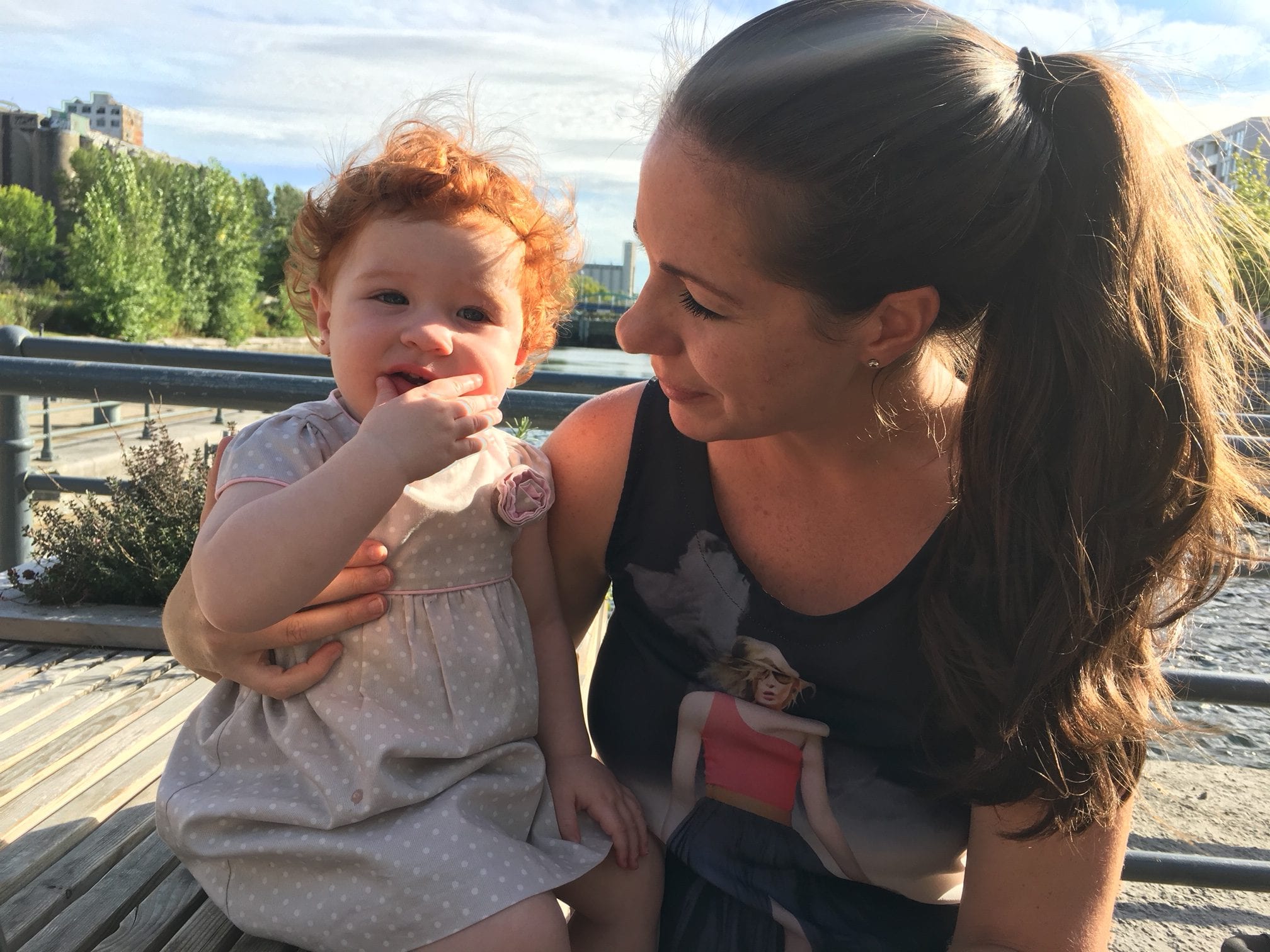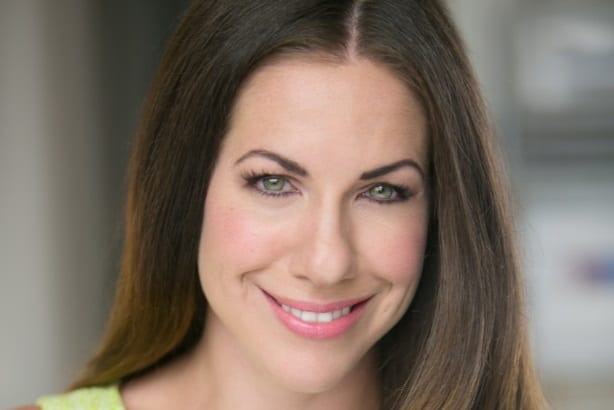Some of us know that when the leaves begin to turn, and autumn nears, we’re approaching Hispanic Heritage Month. We start to see it pop up online and across programming on TV that celebrates it. Is it September? October? And what does it really mean? Here’s a quick 101.

Hispanic Heritage Month is from September 15 to October 15 each year and a time to celebrate the history, cultures and contributions of American citizens whose ancestors came from Spain, Mexico, the Caribbean and Central and South America. That’s roughly 57.5 million people in the U.S. from a myriad of different countries and cultures, and each unique in their own way. A population with $1.7 trillion of buying power, which is higher than the GDP of Canada. The dates span two months because it starts with Independence Day celebrations for many Latin American countries from September 15 – 18, and runs through el Día de la Raza (Columbus Day), on October 12, until October 15.
As I reflect on the month and its meaning – our food is delicious, our literature is profound, our dance vivacious, and our music spectacular – but let’s celebrate more than that. In particular, I would love to see more impactful storytelling touting the success stories of U.S. Hispanic Americans during this period of time. I’d love to see stereotype-breaking leaders across all fields – in full force – shouting “I’m Hispanic and this is what I’ve accomplished.” A month-long showcase of people who have broken boundaries, beyond celebrities and athletes. More stories of everyday heroes who have worked their way through adversity or bias and reached their ultimate goals. More accounts of Latinas who juggled family and career to make things happen. I’d love to learn about all Hispanic entrepreneurs that have made an impact.
Especially now, when headline after headline seems to reinforce stereotypes, instead of contest them, a time when we’ve never been more connected, but seem increasingly divided, we all need to work harder to drive strong awareness efforts and actively combat both the innate and unconscious biases that minorities live with every day.
I’ll never forget a conversation I had with my dad roughly three years ago. His parents immigrated to Argentina from Italy and named him Juan back in 1950 instead of Giuseppe.
I was pregnant with my first baby and I told him I wanted to name her Natalia. “Natalia?” he responded. “It’s beautiful but why not Natalie?” I told him that because she’s half Argentinian and half Puerto Rican, I wanted a Spanish name that represented who we are and sounded just as beautiful in English as it did in Spanish. He told me that if I named her Natalie she’d likely be less discriminated against (in resume reviews, applications, etc.). He said this, of course, wanting the absolute best for his future granddaughter and because he knew it was a reality — one of my brothers once personally witnessed an old employer putting resumes to the side — but I got frustrated because I loved the name Natalia. But, you know what? He was absolutely right. It wasn’t him who I objected to or was angry at – it was the fact that it’s an unfortunate reality even today in 2018 – 68 years later. It’s disappointing. And yes, I’m a privileged Latina. This example of bias barely compares to the adversity that many others face daily.
Did you know that studies have shown that minorities who mask their races on resumes get more job interviews? That, despite Hispanics currently making up around 18 percent of the total U.S. population, there are only 11 Fortune 500 Latino CEOs – two percent? That just one year ago in 2017, Geisha Williams, a Cuban immigrant who helms PG&E, became the first Latina CEO to make the Fortune 500 list?
We can do better. We will do better. We must do better. As we celebrate Hispanic Heritage Month, let this be a reminder that we have a very long way to go. It is celebratory moments like these where we can all speak up and speak out to help make a difference. My biggest wish for my three-year-old Natalia, and her one-year old brother Alejandro (not Alex), and the 25.8 percent of all children in the U.S. who happen to be Hispanic, is that these numbers will improve drastically year over year as they chase and achieve their version of the American Dream.



